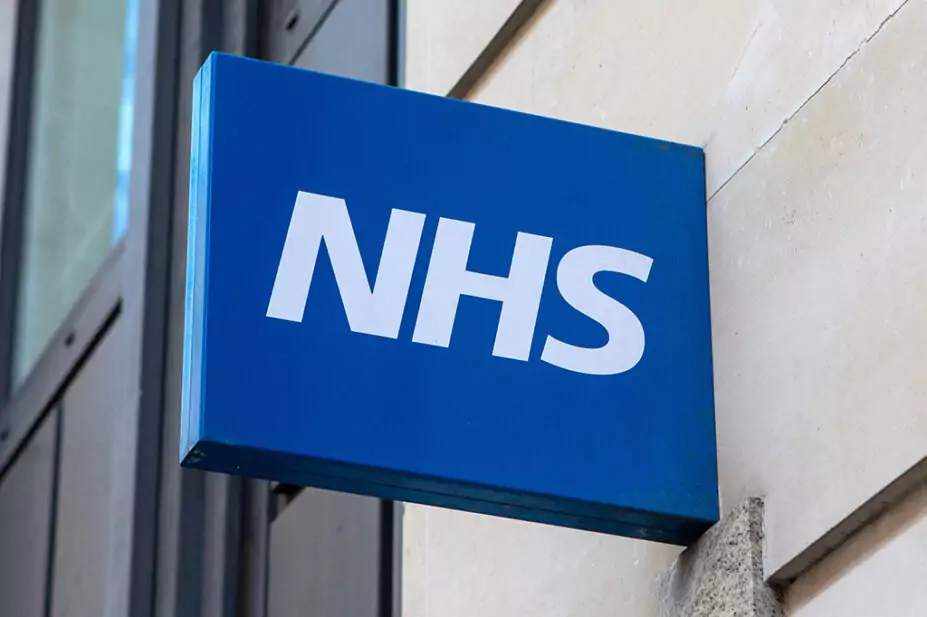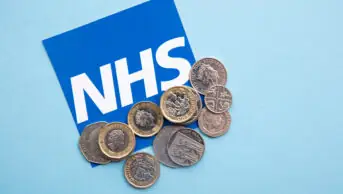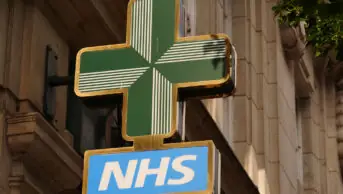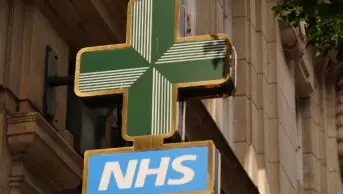
Shutterstock.com
The cost of drugs and medical devices used by the NHS in England rose by almost 8% in 2022/2023, the second increase of this size in two years.
Data published by the NHS Business Services Authority (NHSBSA) on 9 November 2023 show that the total cost to NHS commissioners for medicines, appliances and medicines devices in 2022/2023 was estimated at £18.5bn.
This figure includes a deduction of £674m for central rebates, which include arrangements between NHS England and pharmaceutical companies, following agreements to commission some treatments via the cancer drugs fund and in routine commissioning.
Without central rebates, the total cost was £19.2bn, an increase of just under 8% on the total cost of £17.8bn in 2021/2022.
Data published by the NHSBSA in November 2022 showed that the total cost of medicines and medical devices rose by 8% in 2021/2022 (£17.8bn) compared with 2020/2021 (£16.4bn), the biggest increase for at least five years.
The latest figures show that the cost of medicines prescribed in primary care and dispensed in the community in 2022/2023 was £9.6bn, which accounted for 50% of the total expenditure.
Medicines and medical devices issued in hospitals cost a total of £9.5bn, or 49% of expenditure.
The average cost per capita for items dispensed across all settings was £349 in 2022/2023, compared with £324 the previous year.
Looking at category of treatment by British National Formulary chapter, malignant disease and immunosuppression incurred the highest cost, at £3.3m, or 16% of total spend, of which £3.1m was for medicines issued and dispensed in hospitals.
Commenting on the figures in a statement published on 13 November 2023, Tase Oputu, chair of the Royal Pharmaceutical Society’s English Pharmacy Board said: “These figures highlight more than ever the vital role of pharmacists in medicines optimisation, reducing overprescribing and cutting medicines waste.
“At the same time, pharmacy teams must also be enabled to continue supporting the best use of medicines for patients and not feel pressured into focusing solely on cutting costs.
“The government and NHS must ensure that local pharmacy leaders have the time and support to develop pharmacy services, working with colleagues across the system. The latest Care Quality Commission ‘State of care’ report showed that this needs additional resource and shouldn’t be an afterthought.”


